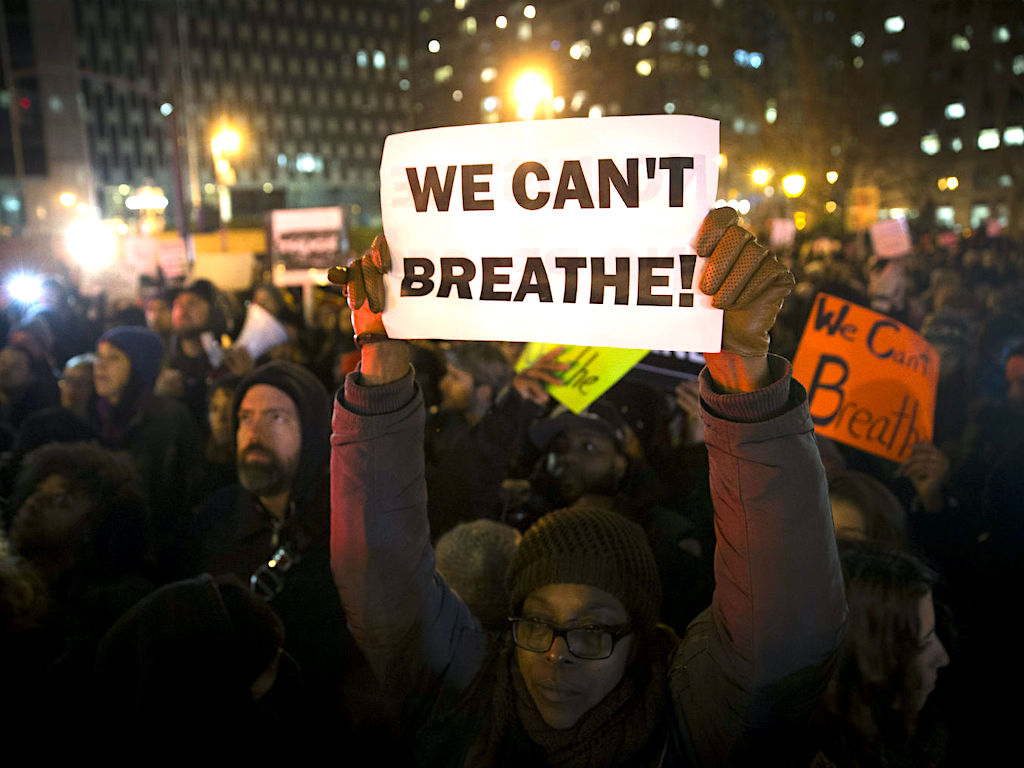
The United Nations' ActNow campaign is an international call to individuals to take action on climate change. It works with cities and communities to encourage individual behaviour change. These efforts are supported and supported by a network national and local thought leaders as well as experts in climate, sustainability, or social action.
ActNow brings together mayors across the globe. They work together to identify best practice projects. They are committed to promoting safety in the community, transforming abandoned minelands into assets that can be used for future generations, and growing technology companies. They support People's Commissions which are groups of ordinary residents.

ACT NOW is a resource that provides support to communities who are working to make their locality safer and healthier. ActNow encourages individual behavior change by highlighting sustainability in everyday decisions. For instance, ActNow has developed a chatbot to help people find ways to save energy. It advises that you travel sustainably and eat plant-based food.
ActNow offers a youth version of the program called Climate Action Superheroes. Children and their parents took part in environmental education activities. An online seminar on wildlife conservation was a highlight. This event attracted hundreds of people from all around the world. Some of the guests included Paavani, the 14-year-old Youth Secretary for the World Sustainable Security Coalition (WSSC); Devika Vaid, Miss Earth India; and Naja Saade, a Lebanese fashion designer who uses unused textiles to create zero waste fashion.
Another ActNow project helps small businesses to access low-cost capital. The Alliance for Economic Development of Southern West Virginia (ADEV) will provide an initial grant to help train a green-building workforce with the U.S. Economic Development Administration's (EDA). The HBIZ Technology Center will renovate three historic buildings and turn them into tech-reuse spaces.
Appalachian Climate Technologies Coalition, a regional effort, will concentrate on creating jobs in green collar technology in southern West Virginia. It will help create an inclusive economy, and ensure that the region can make a transition to a more sustainable future. ACT Now will attract over $250 million of private investment in climate-technology sectors. The coalition will eventually create 5,000 full-time direct jobs and 15,000 indirect job opportunities.

The ACT NOW Program works with non-profits, cities, and non-profits as well as local business leaders. It creates a network of experts and leaders who can make real, lasting changes. It also selects promising projects. ACT NOW also works to empower local politicians to make their communities more sustainable. ACT NOW's leadership program includes a network made up of youth and experts from civil society.
ACT NOW offers real-world learning opportunities to help communities and individuals tackle today's challenges. They offer virtual tours and caregiving seminars. ActNow is now reaching millions of people from all parts of the world through these initiatives.
ActNow is an integral part of the UN coordinated effort to combat climate change. As such, it has been embraced by companies, leading chefs, and influencers dedicated to helping people live sustainably.
FAQ
What's the potential for climate-change technology?
The potential of new technologies to address this global challenge is vast. From renewable energy sources like solar, wind, and geothermal to energy storage systems like battery packs or thermal tanks, advances in applied science are making it possible for us to transition to a more sustainable future.
New methods of carbon capture and sequestration can be employed to draw down greenhouse gas levels, while enhanced agricultural practices can reduce emissions from livestock and soil degradation. Smart grid technology can be integrated with existing power infrastructures to improve efficiency. Enhanced building design can help reduce energy consumption.
Researchers can also use cutting-edge synthetic biology to develop organisms that can convert green fuels like CO2 laser into biofuels and other feedstocks. This could revolutionize transportation if the market turns away from petrol-based vehicles toward zero-emission electric cars powered by clean sources.
Finally, investing in digital technology and AI will help people from all over the world gain access to information about their environmental footprint and make informed decisions about how they consume. Understanding our contribution to carbon production is crucial for us all to be better stewards.
How do climate change and global warming impact agriculture and food security?
Climate change and global warming are directly impacting agriculture and food security. The changing climate may have an effect on weather patterns, rainfall patterns, soil moisture levels, and extreme events. This can impact farming activities, reduce crop yields, or cause loss of agricultural diversity. Warmer temperatures may lead to an increase in pests and diseases that can affect crops. They can also result in shifts of ranges suitable to agricultural production. This can result in higher costs for food production, and worsening hunger and nutrition around the world.
Rising sea levels pose a further threat. They could inundate valuable agricultural land in many coastal areas, leading to higher salinity levels in wetlands, where important crops are grown. Climate change can also impact livestock production. Warm summer temperatures can reduce the fertility of animals like cows, sheep, and goats. This can cause lower milk yields and increase food insecurity within communities.
Global warming and climate changes are interrelated. But, governments around world are working to mitigate the effects of these changes through adaptation strategies. This involves promoting sustainable methods such as crop rotation techniques or genetic diversity through the conservation of native seed varieties, which help protect against negative impacts from extreme weather conditions or other environmental stressors caused by the changing climate. In addition, CSA strategies call for reductions in greenhouse gas emissions through the use of renewable energy sources and the reduction of deforestation-related logging activities.
In order to ensure food safety in an ever-changing environment, farmers across the globe will need to use technologies that are more sensitive and adaptable to changing climates. Improvements must be made within existing infrastructure set-ups so that necessary actions may be taken when critical crop thresholds are hit - this includes introducing stable irrigation networks with adequate access water supplies at times of the year when there is reduced availability due to warmer climates or intense downpours washing away much-needed access water resources outside planting seasons. Collaboration between different stakeholders is needed to ensure that the quality nutrition guidelines are adhered to in all climates.
What are the environmental and social effects of climate changes?
The environment and society are both affected by climate change. Rising global temperatures, extreme weather events, sea level rise, and decreased air quality are just some of the environmental impacts of climate change. These changes can have severe consequences for human populations. They can lead to instability, increased poverty, insect-borne diseases and altered migration patterns.
Already, climate disruption is already having profound impacts on the environment and society around the world. Global temperatures are expected to continue to rise and this will only get worse in the future.
One of the most widespread effects of climate change is the rising ocean levels due to melting of ice caps. This results in shoreline erosion on many coasts, as well as increased flooding risk for coastal communities. Saltwater intrusion is also a problem, and can negatively impact freshwater supplies along the coasts of many countries.
Due to climate change, extreme weather phenomena such as heatwaves/droughts frequently occur across many countries in the world. These events cause mass destruction to homes and businesses, leading to displacement or relocation of communities or wiping out whole towns in some cases. In addition, intense storms create further risks related to flooding or landslides that increase damages to infrastructure such as roads and railways.
Additionally, wildfires caused climate change are more common than ever. They can be devastating for both the habitats and the people who live nearby.
These drastic changes often lead to displacement or refugee crises. People move out of their homes involuntarily or voluntarily when their communities become unsafe or uninhabitable due to the altered climate.
People with respiratory diseases such as asthma are particularly vulnerable to dust storms from increased aridity. Furthermore, pest infestations are predicted to rise in tandem with warmer temperatures. This phenomenon is known as the 'greenhousebug'. Global food insecurity will continue to grow as fewer crops have lower nutritional qualities. This could potentially lead to more hardships for people already struggling to make ends work.
Statistics
- features Earth's average surface temperature in 2022 tied with 2015 as the fifth warmest on record, according to an analysis by NASA. (climate.nasa.gov)
- According to the 2014 report on Climate Change Impacts, Adaptation, and Vulnerability (page 8) from the United Nations Intergovernmental Panel on Climate Change, governments at various levels are also getting better at adaptation. (climate.nasa.gov)
- According to the 2014 report on Climate Change Impacts, Adaptation, and Vulnerability (page 8) from the United Nations Intergovernmental Panel on Climate Change, governments at various levels are also getting better at adaptation. (climate.nasa.gov)
- features Earth's average surface temperature in 2022 tied with 2015 as the fifth warmest on record, according to an analysis by NASA. (climate.nasa.gov)
- Fossil fuel production must decline by roughly 6 percent per year between 2020 and 2030. (un.org)
External Links
How To
How to Support Climate-Friendly Businesses and Policies
There are many ways that individuals can support climate-friendly companies and policies. This can include speaking out against non-climate-friendly businesses or politicians, voting for pro-environment candidates, writing letters or emails of encouragement to those who are already taking positive action towards the environment, and signing petitions in favor of policies that encourage and support climate-friendliness. Individuals can also choose to switch providers to companies with a better environmental record, or opt for sustainable products over ones with higher carbon emission.
In order to support climate-friendly policies, it is crucial that one reduces his or her carbon footprint. This could be done by changing everyday habits such as not plugging appliances or turning off lights, using public transportation, carpooling or using other means to get around, and using eco-friendly household items such as biodegradable cleaning materials and composting kitchen leftovers.
Investors interested in supporting climate friendly policies should research companies with lower carbon emissions before investing. Investors interested in climate-friendly policies should examine their portfolios every so often to make sure they are meeting sustainability standards. Green bond investors will want to ensure their investments do not fund any activity that releases more greenhouse gases into the atmosphere than it takes away. Lastly, investors should pay attention to any opportunities where funds could be transitioned towards green business activities such as renewable energy alternatives as well as other initiatives promoting sustainability such as community-building projects focused on green technologies.